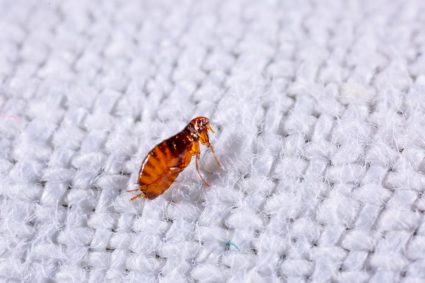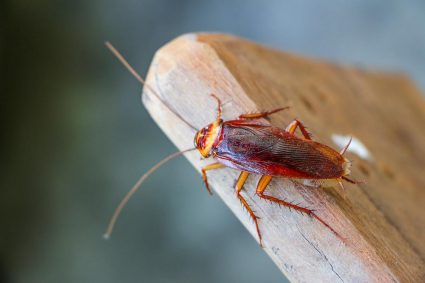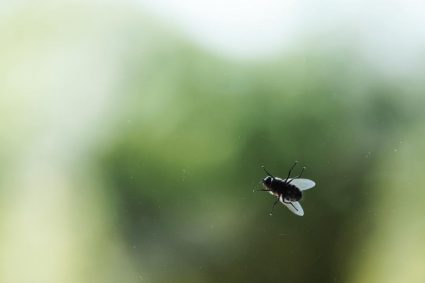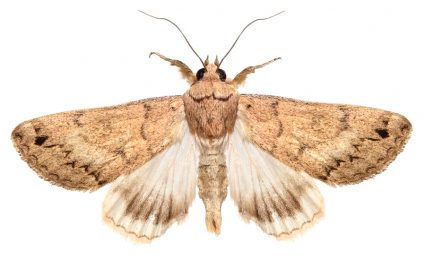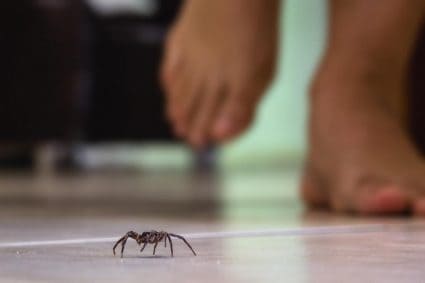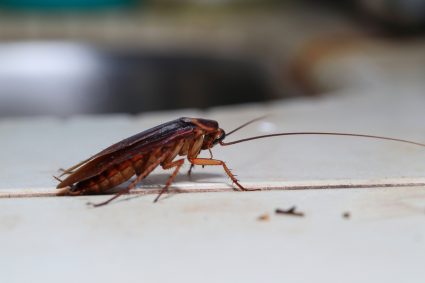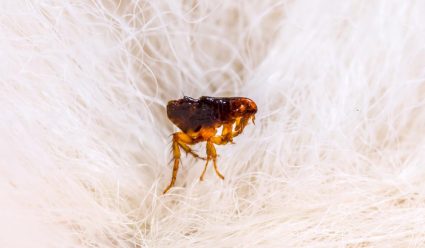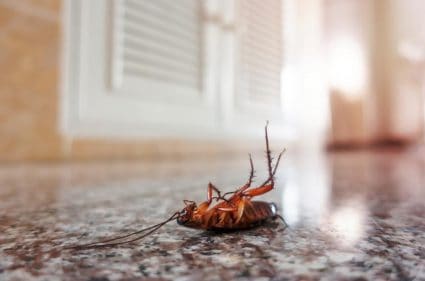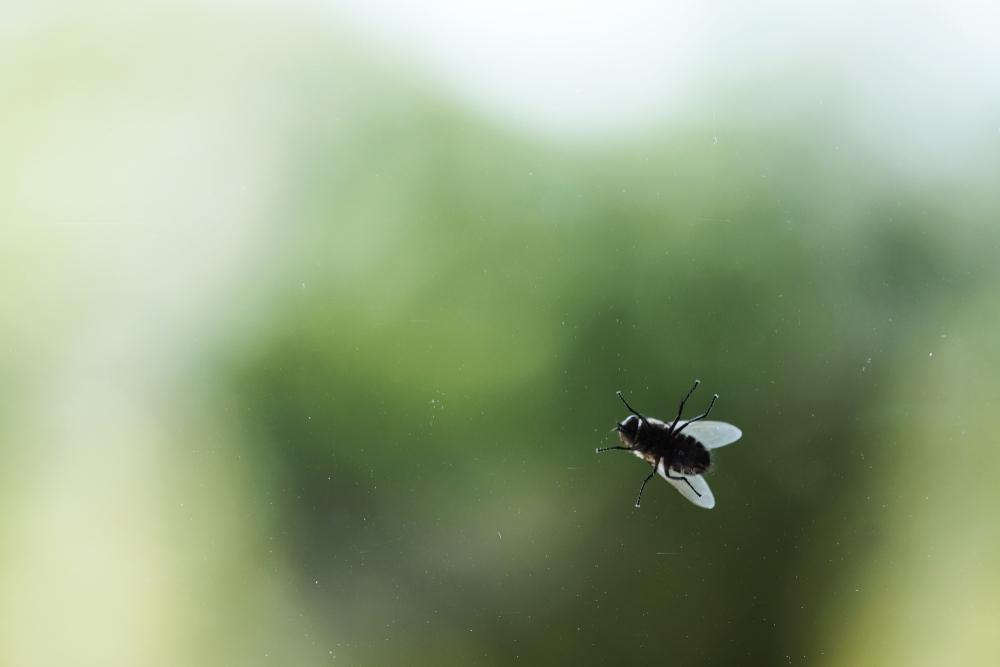
Fruit flies can be a pesky problem in any household, especially during the warmer months. These tiny insects are attracted to ripe and fermenting fruits and vegetables, making your kitchen and dining area their perfect breeding ground. But don’t worry, there are multiple ways to repel fruit flies and keep your home infestation-free. Let’s delve into the world of fruit flies and explore what repels them.
Fruit flies can be repelled using several methods. Natural methods include using apple cider vinegar traps, dish soap and water traps, lemongrass essential oil spray, and fragrant herbs like basil and peppermint. Maintaining cleanliness, especially in the kitchen, and storing fruits and vegetables in the refrigerator also help. Commercial products like the Gardner FlyWeb Fruit Fly Spray and the Katchy Indoor Fruit Fly Trap are also effective. Additionally, preventative measures such as keeping indoor humidity low and regularly changing sponges and dishcloths can help keep your home fruit fly-free.
Understanding Fruit Flies
Before we can effectively repel fruit flies, it’s essential to understand what attracts them in the first place. Fruit flies are drawn to ripening, rotting, or decayed fruits and vegetables, and even fermented goods like beer, wine, and cider. They’re also attracted to moist, damp environments, such as drains, garbage disposals, trash bins, mops, and cleaning rags.
Fruit flies can breed anywhere there’s fermenting organic matter that’s moist and accessible. They lay their eggs — up to 500 at a time — on these materials. Within a week, those eggs become adults, ready to continue the cycle. So, a fruit fly infestation can quickly get out of hand if not dealt with promptly.
Natural Methods to Repel Fruit Flies
There are several natural methods to repel fruit flies:
- Apple cider vinegar trap: Pour apple cider vinegar into a glass, cover the opening with plastic wrap, and poke small holes in the wrap. Fruit flies are attracted to the vinegar and will enter the trap but have difficulty escaping.
- Dish soap and water trap: Mix water with a few drops of dish soap and a tablespoon or two of cider vinegar in a small bowl or cup. The vinegar attracts the fruit flies, and the dish soap traps them.
- Lemongrass essential oil spray: Mix 2 ounces of hot water with 10 drops of lemongrass essential oil in a spray bottle. Spray the mixture on fruit flies as you see them, but avoid spraying it directly onto fruit or other food.
- Herbs and essential oils: Fruit flies dislike the smell of basil, peppermint, eucalyptus, lemongrass, lavender, and clove. Place these fragrant herbs in muslin sacks or tea bags and hang them around the house, or use their essential oils in a diffuser.
- Cleanliness: Keep your kitchen clean by regularly emptying trash cans, cleaning garbage disposals and sinks, and wiping down counters. Store fruits and vegetables in the fridge and wash produce as soon as you bring it home to remove any potential eggs or larvae.
Commercial Products for Repelling Fruit Flies
If natural methods are not sufficient, there are also commercial products available that are effective in repelling fruit flies. Some of these include the Gardner FlyWeb Fruit Fly Spray, Wondercide Fruit Fly Trap, Fruit Fly BarPro, Bye Bye Fruit Fly, Terro Fruit Fly Trap, Katchy Indoor Fruit Fly Trap, and Natural Catch Fruit Fly Traps. These products come in various forms, such as sprays, traps, and diffusers, and can be found in stores or online.
Preventative Measures
Preventing a fruit fly infestation in the first place is the best way to deal with these pests. Here are some steps you can take:
- Store fruits and vegetables in the refrigerator: This slows down the ripening process and makes them less attractive to fruit flies.
- Wash and inspect produce: Clean fruits and vegetables as soon as you bring them home to remove any potential eggs or larvae.
- Maintain a clean kitchen: Regularly wipe down counters, sweep or vacuum floors, and take out the garbage to eliminate potential breeding grounds for fruit flies.
- Use scented herbs or essential oils: Fruit flies are repelled by certain scents, such as lavender, mint, rosemary, basil, eucalyptus, clove, or lemongrass. Place these herbs around your kitchen or add a few drops of essential oils to a diffuser to keep fruit flies away.
- Keep indoor humidity low: Using a dehumidifier and air conditioner can help slow the deterioration of fruit and make your home less hospitable to fruit flies.
- Regularly change sponges and dishcloths: Fruit flies can breed on these items, so replace them often to prevent infestations.
- Seal garbage cans and compost bins: Make sure these containers are tightly sealed to prevent fruit flies from accessing their contents.
Conclusion
Fruit flies may be small, but they can become a significant problem if not addressed promptly. By understanding what attracts fruit flies and implementing measures to repel and prevent them, you can keep your home fruit fly-free. Remember, the key to successfully repelling fruit flies lies in cleanliness, proper food storage, and the strategic use of natural repellents or commercial products.
Frequently Asked Questions
Can fruit flies cause any harm or disease?
Fruit flies themselves do not cause diseases, but they can contaminate food with bacteria and other disease-producing organisms. If they lay eggs on food and those eggs are ingested, it could potentially cause gastrointestinal discomfort.
What is the lifespan of a fruit fly?
The lifespan of a fruit fly varies depending on the species and conditions, but generally, they can live up to 30 days. Within that time, they can lay hundreds of eggs, making a fruit fly problem escalate quickly if not addressed.
Can fruit flies survive in the refrigerator?
No, fruit flies cannot survive in the cold environment of a refrigerator. That’s why storing fruits and vegetables in the fridge is a good preventative measure against fruit flies.
Why do fruit flies seem to appear out of nowhere?
Fruit flies have a very short life cycle and can breed rapidly, which makes it seem like they appear out of nowhere. They can lay their eggs on fruit surfaces and those eggs can hatch within a day.
Are fruit flies attracted to all types of fruits and vegetables?
Fruit flies are attracted to ripe, rotting, or decayed fruits and vegetables. They are particularly attracted to bananas, tomatoes, squash, grapes and melons.

